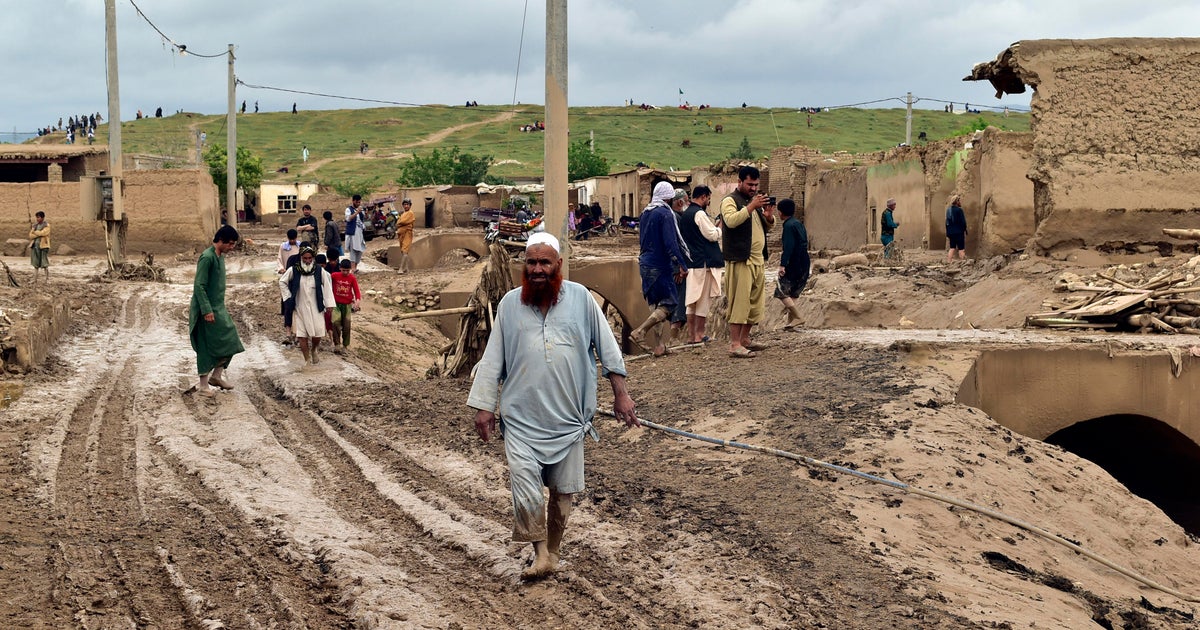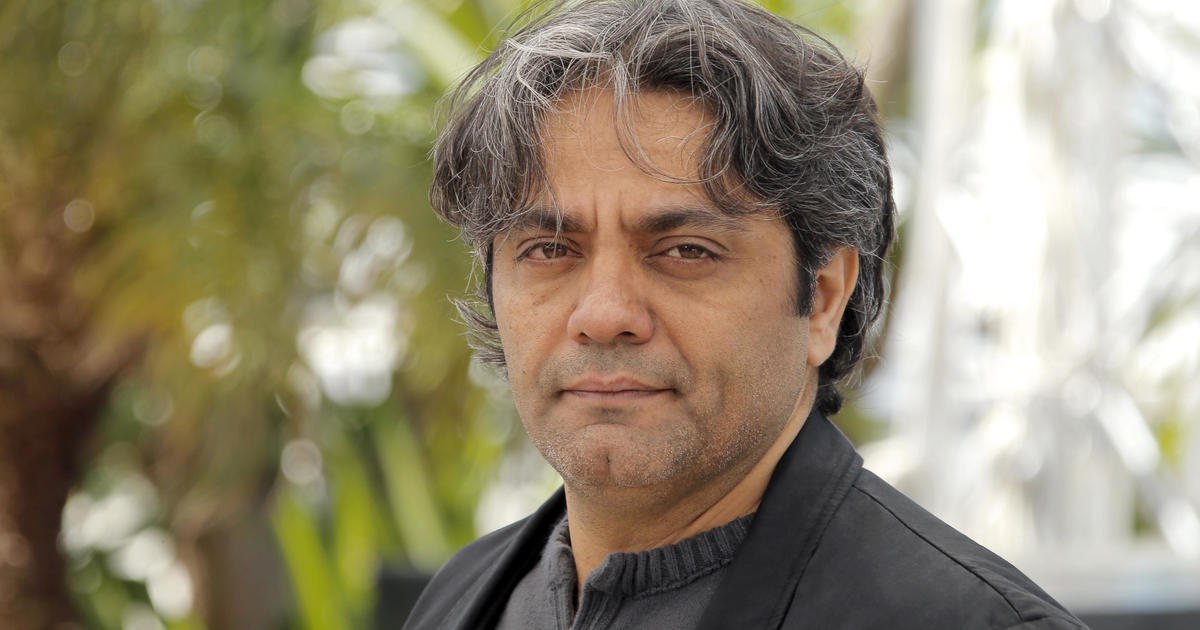Death toll climbs in India protests against citizenship law that singles out Muslims
Police in India said 23 people died in protests against a new citizenship law that grants amnesty to immigrants who are in the country illegally from three neighboring countries — unless they are Muslim. The exclusionary law has sparked outrage and violent protests across the country.
The death toll rose Saturday when nine people were killed during clashes with police at New Delhi's Jamia University in northern India, The Associated Press reports. Hundreds of students and professors demonstrated against the law, waving Indian national flags and chanting slogans against Prime Minister Narendra Modi's government.
Modi's government passed the controversial Citizenship Amendment Act last week. The law offers amnesty only to non-Muslim immigrants who are in the country illegally from neighboring Muslim-majority countries: Pakistan, Bangladesh and Afghanistan. The law allows Hindus and Christians to become citizens if they can show they were persecuted in their home country because of their religion.
Existing Indian law does not allow immigrants who are in the country illegally to become Indian citizens. The new bill seeks to change that for refugees, provided they adhere to one of six religions other than Islam.
Critics say the law violates India's secular constitution, which was partly adopted from the U.S. Constitution and guarantees everyone equal rights regardless of their religion.
On Friday, during the second week of protests against the law, thousands of people gathered at Jama Masjid, the largest mosque in New Delhi, India's capital to demonstrate. Similar protests have taken place in the country's other major cities.
Police in the state of Uttar Pradesh, which neighbors New Delhi, have made over 700 arrests during the protests, at least 100 of which were for inflammatory posts on social media, according to the Times of India.
Protesters are also rallying against the National Register of Citizens (NRC), a controversial citizenship list in the state of Assam, which the central government now wants to impose nationwide. The registry requires people to show proof of family residency going back decades. The process in Assam alone has excluded about 1.9 million people — mostly Muslims.
As unrest intensified, the government has begun to crack down on public gatherings. In parts of Delhi, Uttar Pradesh, and some areas of Karnataka state, police have imposed a colonial-era law banning the assembly of more than four people. Thousands of protesters defied the order, and were arrested in cities across the country.
To further quell protests, Indian authorities have shut down phone and mobile internet in some parts of the country. The internet has been suspended more than 360 times under Modi's government, and authorities have interrupted internet services at least 102 times this year alone.




